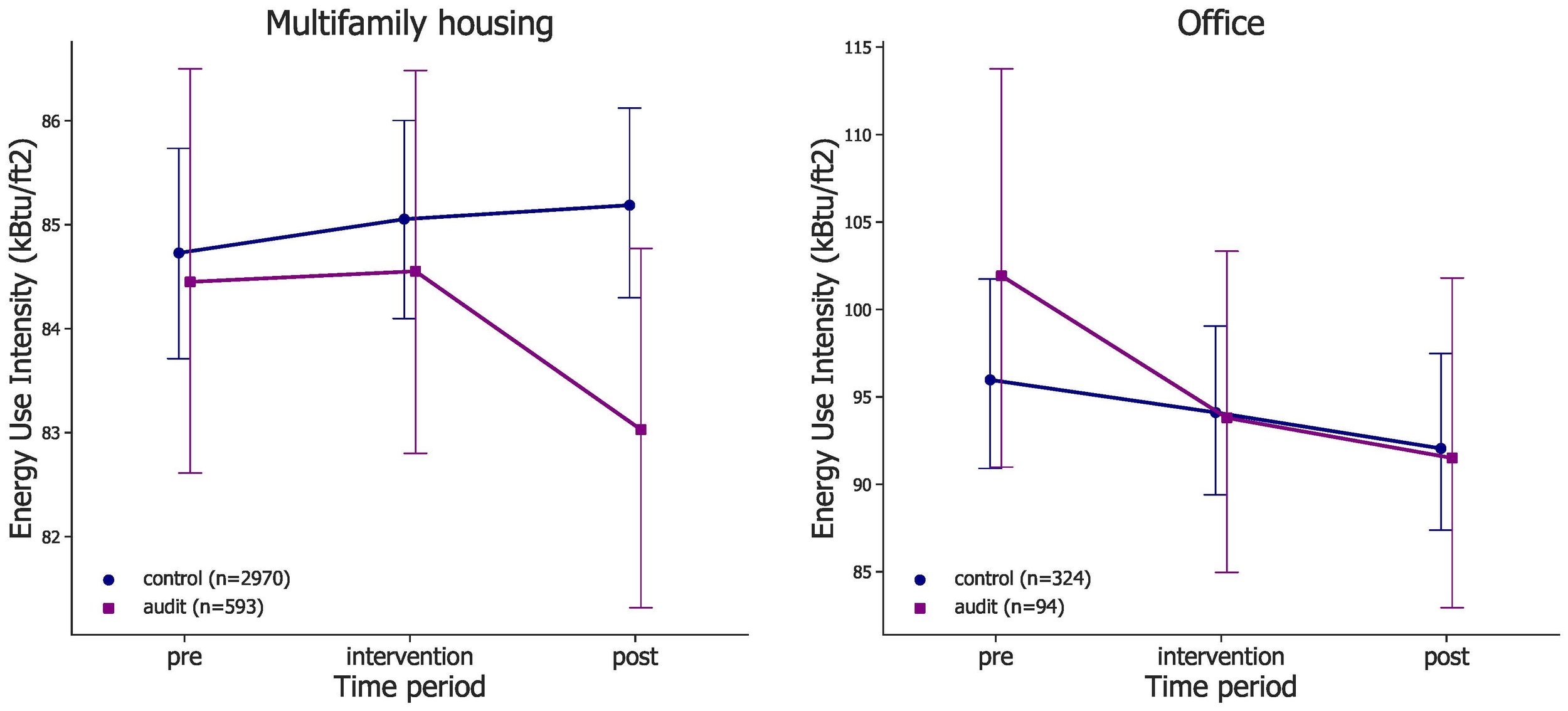Energy affordability, building decarbonization, and building performance standards
The reduction of energy use and greenhouse gas (GHG) emissions in the urban built environment has emerged as one of the greatest challenges of the 21st century. The Paris Climate Agreement calls on the global community to limit global temperature rise to 1.5 degrees Celsius through significant reductions in carbon emissions. Given the need for immediate action, cities and urban areas are increasingly taking the lead in addressing this challenge, as cities are positioned to make substantial impacts through improvements to building energy efficiency, and face dramatic consequences of inaction through increased risk from sea-level rise and extreme events.
Our aim is to advance energy and carbon modeling and public policy and investment decisions in cities in a way that is efficient, equitable, scalable, and rapidly deployable. This work, in collaboration with city, federal, and international organizations, develops computational methods and data tools that combine data-driven statistical and physical models to generate hyperlocal models of urban carbon emissions, building energy performance, and energy-use behaviors. Our focus is on understanding the disparate impacts of climate change and energy inefficiency, and developing methods to prioritize social justice in urban climate policy.



